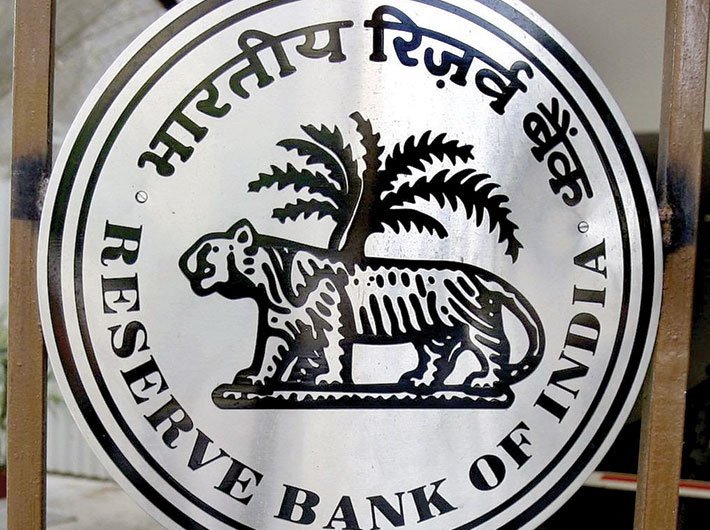It will facilitate better tax administration, improve tax compliance, alleviate cascading or double taxation
The Goods and Services Tax (GST) is likely to strengthen cooperative federalism and have far-reaching implications for growth, inflation, public finances and external competitiveness in the Indian economy, drawing on the evidence of significant efficiency gains revealed in empirical evaluation of the implementation of VAT in 2005, said an Reserve Bank of India report.
The GST is likely to bolster states’ revenue and anchor fiscal consolidation without compromising on expenditure quality, said Michael Debabrata Patra, executive director, in the foreword to the report.
It added that seamless implementation of GST is contingent upon a robust dispute resolution mechanism and a sound information technology (IT) infrastructure.
From a medium term perspective, the GST assumes significance in the context of the debt sustainability of states and the evolving contours of state finances.
RBI brings out an annual publication entitled “State Finances: A Study of Budgets” which analyses the fiscal position of state governments on the basis of primary state level data. From 2005-06 onwards, this report has been structured around a special theme of topical relevance. The current report’s theme is the goods and services tax (GST).
The report said that the introduction of the GST is likely to have an enduring impact on state finances over the medium term for several reasons. First, with states being unable to rationalise their committed expenditure burden (viz., pension liabilities, interest obligations and administrative expenses) in the near term, revenue expansion through GST implementation is a prudent strategy in remaining committed to the path of fiscal consolidation.
Second, the GST is likely to chart out a new course for cooperative federalism in India focusing on cooperation between the Centre and states in deciding on (i) tax rates, (ii) exemptions and (iii) commodities featuring in each category of tax rate/slab.
Finally, GST implementation may result in augmenting the shareable pool of resources which would result in greater transfer of resources from the Centre to the states. Cumulatively, these issues are likely to have a profound impact on state finances in the coming years.
The report goes on to explain that the GST is a destination-based single tax on the supply of goods and services from the manufacturer to the consumer and is one indirect tax for the entire country. GST will replace multiple taxes such as central value added tax (CENVAT), central sales tax, state sales tax and octroi. A common base and common rates across goods and services and similar rates across states and between Centre and states will facilitate better tax administration, improve tax compliance, alleviate cascading or double taxation while also ensuring adequate tax collection from inter-state sales.
The RBI report said that a robust and fail-proof information technology (IT) framework is regarded as an essential prerequisite for the success of the GST, given the large volume of transactions involved. Besides, sensitising industry and public through information dissemination such as release of legislative documents and conducting outreach programmes/media interactions with the tax authorities are also critical.
Furthermore, tax laws need to be simplified to avoid definitional issues and defray administrative costs. Drawing on lessons in the implementation experience of countries, a well-designed GST should ensure that (i) a single rate is levied on a comprehensive base (goods and services); (ii) no exemptions are given beyond standard ones; (iii) GST refunds are processed expeditiously; (iv) an adequate threshold is delineated to exclude small and micro business; and (v) initial rates are suitably calibrated to avoid disruptions to economic activity and macroeconomic stability.
